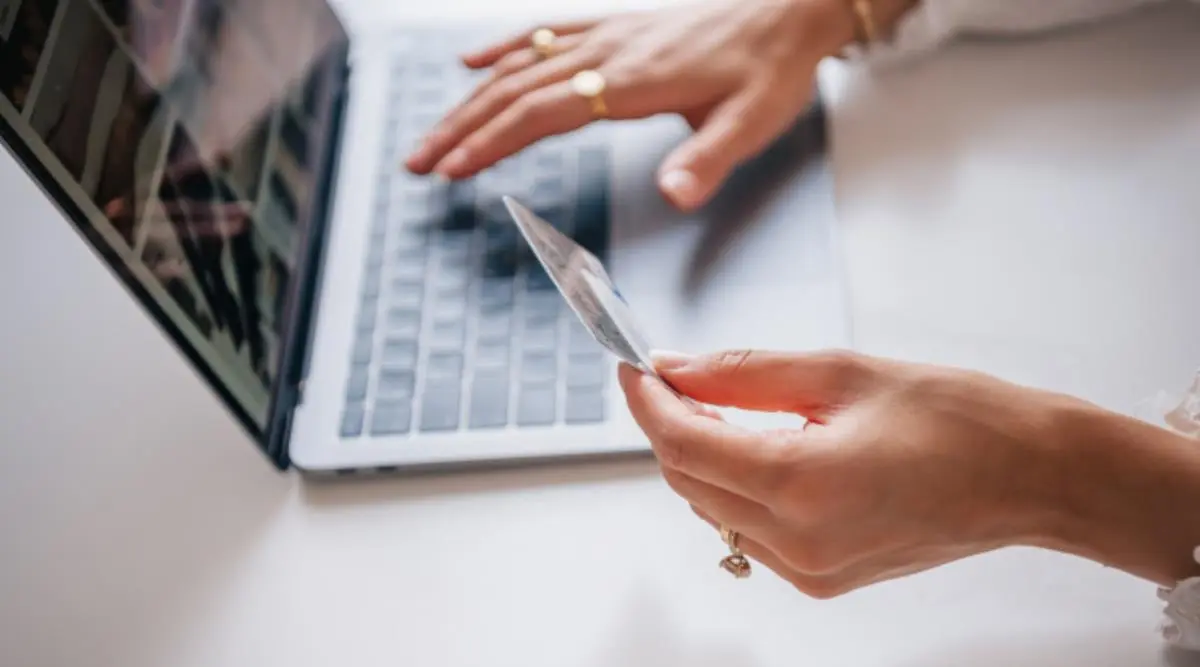Technology has changed the way we do things. We spend more time in front of the computer and we also spend more time doing things online. Nowadays, we no longer need to go shopping, since we can do it without leaving our home.
These days, when many stores make discounts or promotions for Black Friday, or the Christmas campaign that we have very close, many of us will consider making online purchases, a fact that will increase purchases from websites.
While it is true, there is no 100% reliable formula that allows us to protect our device from any attack. Social networks do not help to protect our privacy either. We share more and more information about ourselves. Where we are, when we are on vacation, where we travel, what we eat, the places we frequent most… There is a large amount of personal information that can be obtained through this channel. But it is true that there are several techniques and formulas that can help us protect our devices and our privacy.
Here’s some online shopping tips
- When surfing the Internet, avoid clicking on any advertisement! Depending on which pages you enter, you may come across suspicious ads. Avoid browsing these pages and clicking on any links that you do not consider safe.
- Keep antivirus software updated on all devices where you are using the Internet! It’s for your safety! It will warn you every time a file may contain dangerous content.
- Look for online stores whose address begins with HTTPS and display a padlock in the address bar. This ensures that the information being transmitted is encrypted.
- Verify that the page incorporates quality seals, such as those of Confianza En línea or those of Visa and Mastercard, they are also, a priori, safe pages, because they are periodically subjected to reliability analysis.
- Passwords… make them complex! Avoid using very easy and simple passwords. Always use a different one for each device and for each channel you want to access. Remember that by always using the same one, you will be putting all your channels at risk.
- Avoid giving personal data. Above all, avoid doing it through social networks or web pages that you do not know. And never give your credit card code, you may only be asked for the card number, the expiration date and the CVC, which are the three digits indicated on the side of the last one.
- Downloading pirated content can be a mistake. Many files downloaded without a license may come with malware. For this reason, we advise you to always enjoy legal and safe content!
The most common online payment methods are the following: PayPal, Bizum, Redsys and Stripe.
These are just a few of the many tips you could follow to prevent your devices from being attacked.
You know what are the most common cyberattacks:
- Malware: Malware is malicious software that installs itself on the system causing:
- alteration of the equipment.
- blocking of network access (ransomware).
- the appropriation of personal information (spyware).
The purpose of all of them is to be able to obtain compromised information, breach computer connections or create backup copies and publish them on the Internet.
- Phishing: Phishing is the way to usurp sensitive data, usually through emails. Often considered trusted sources, hackers use this means to capture data such as credit card numbers or passwords.
- Man-in-the-middle attacks: Man-in-the-middle (MitM) or eavesdropping attacks usually occur over a public or unprotected Wi-Fi network. Hackers can easily access your computer without your knowledge and steal the information you are passing over the Internet.
- In addition, once the device is controlled, they can install malware to steal protected information.
- Denial of service attack: In distributed denial of service (DDoS) attacks, several devices are breached to spill attacks to the system so that they cannot finish the processes and requests, hogging the bandwidth and saturating the network, causing serious damage to the system.
- SQL Injection: SQL injection attacks occur through web applications.
Malicious lines of code are inserted in order to obtain private information from company servers.
In case you are interested in our Cyber Risk product, click here!
